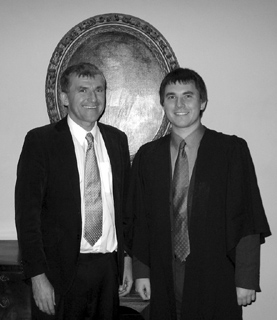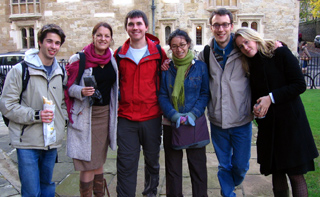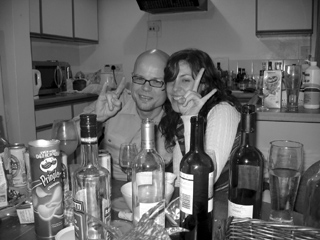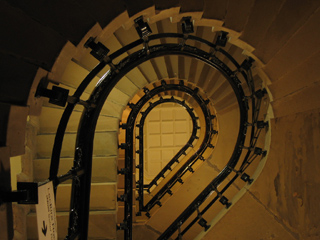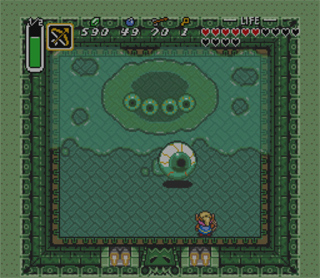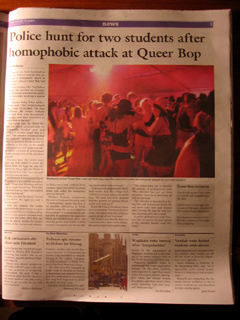
On page 3 of the 23 November 2006 issue of The Oxford Student, there is an article by Kate McMullen on the Wadham Queer Bop. Specifically, it describes a homophobic attack being investigated by the police. Accompanying it is a photo that I took at last year’s bop and posted on my blog. The same image is on Facebook. It doesn’t suit the headline very well, and it wasn’t taken at this year’s bop, but it seems like such issues are not of major concern to the editorial staff at The Oxford Student.
It would have been nice for them to have asked me, prior to using it, or at least given me some accreditation. I have sent a short and friendly letter to the editor:
Sir,
I was surprised to see – on the third page of your November 23rd issue – a photo that I took at last year’s Queer Bop and subsequently posted to my website (www.sindark.com). Next time, please let me know that you are planning to print one of my photos, and I will send you a higher resolution copy.
Thanks,
Milan Ilnyckyj
Wadham College, Oxford
That said, it is good to know that I have taken at least one photo that is worth blowing up and putting in a newspaper. The official student newspaper of Oxford might also be considered a cut above your standard such offering.
[Update: 9:30pm] As Sarah quite correctly pointed out, my focus on the photo issue completely missed the broader concerns raised by the story itself. A homophobic assault taking place within an Oxford college should definitely result in a comprehensive investigation and the punishment of those implicated to the fullest extent of the law.
[Update: 27 November 2006] I sent a message to the Oxford Student asking them to do three things in order to amicably resolve the above situation: print the letter to the editor above, credit me for the photo in the web version of the story, and formally state that they will not use materials from my websites without prior permission in the future. I have received the following response and, pending the printing of the letter above, will consider the matter formally and amicably settled:
Dear Milan,
Thanks for your message. Apologies for the unattributed use of your Queer Bop photo. I’ve forwarded your message on to the relevant news editors (Kate McMullen had nothing to do with the photo). btw, it’s a fantastic photo and really makes the page look great. The issue it appeared in was the last one of term, so your letter cant be printed in the paper until next term.
Statement: We will not use photography or other content from webpages that you operate in the future, without prior written permission.
Yours sincerely,
Robert Cookson
[Editor in Chief]
As I said in the past, I am quite happy to have my photos used in newspapers and other publications, provided that a request is received in advance and proper attribution is given.

